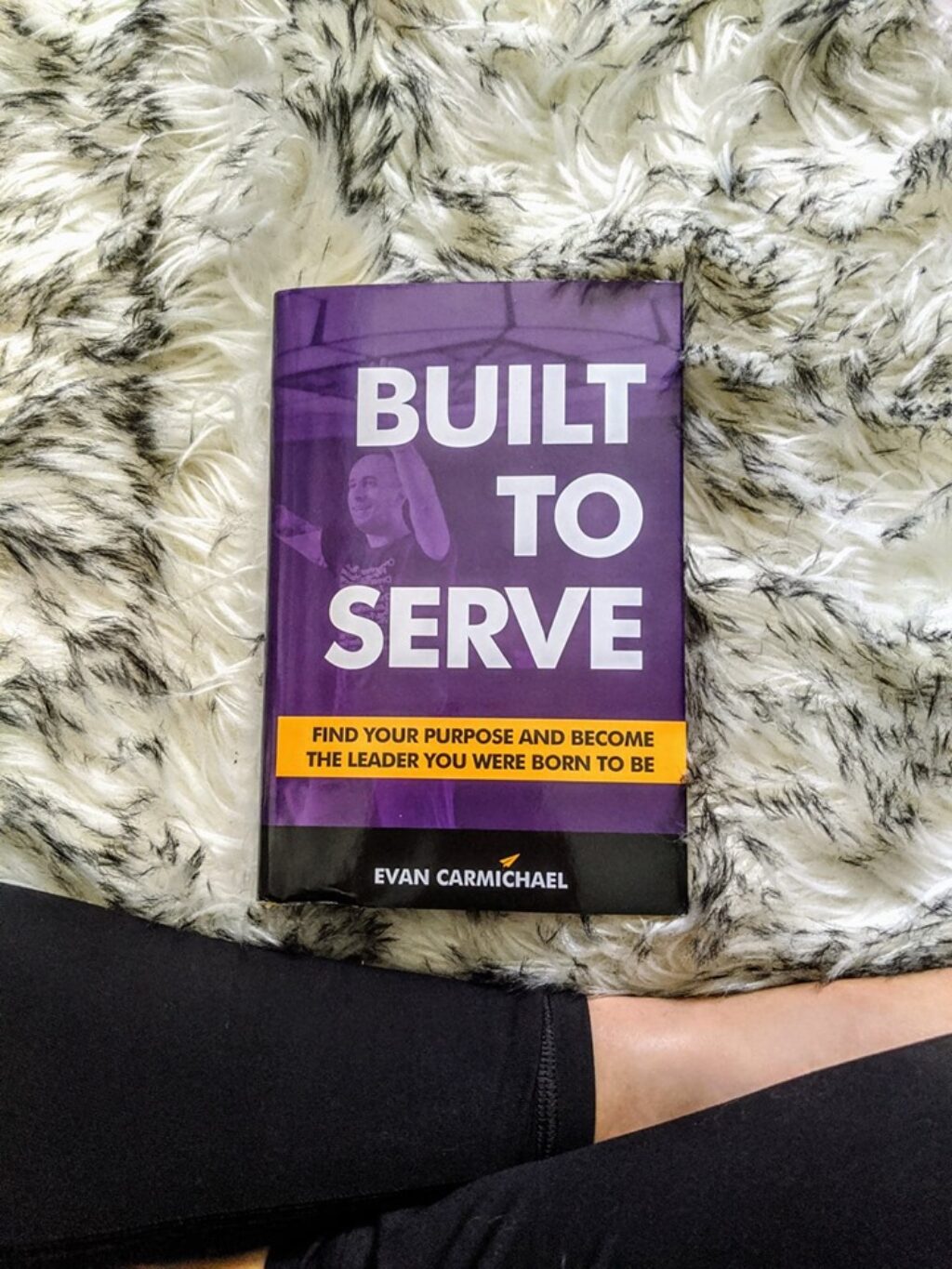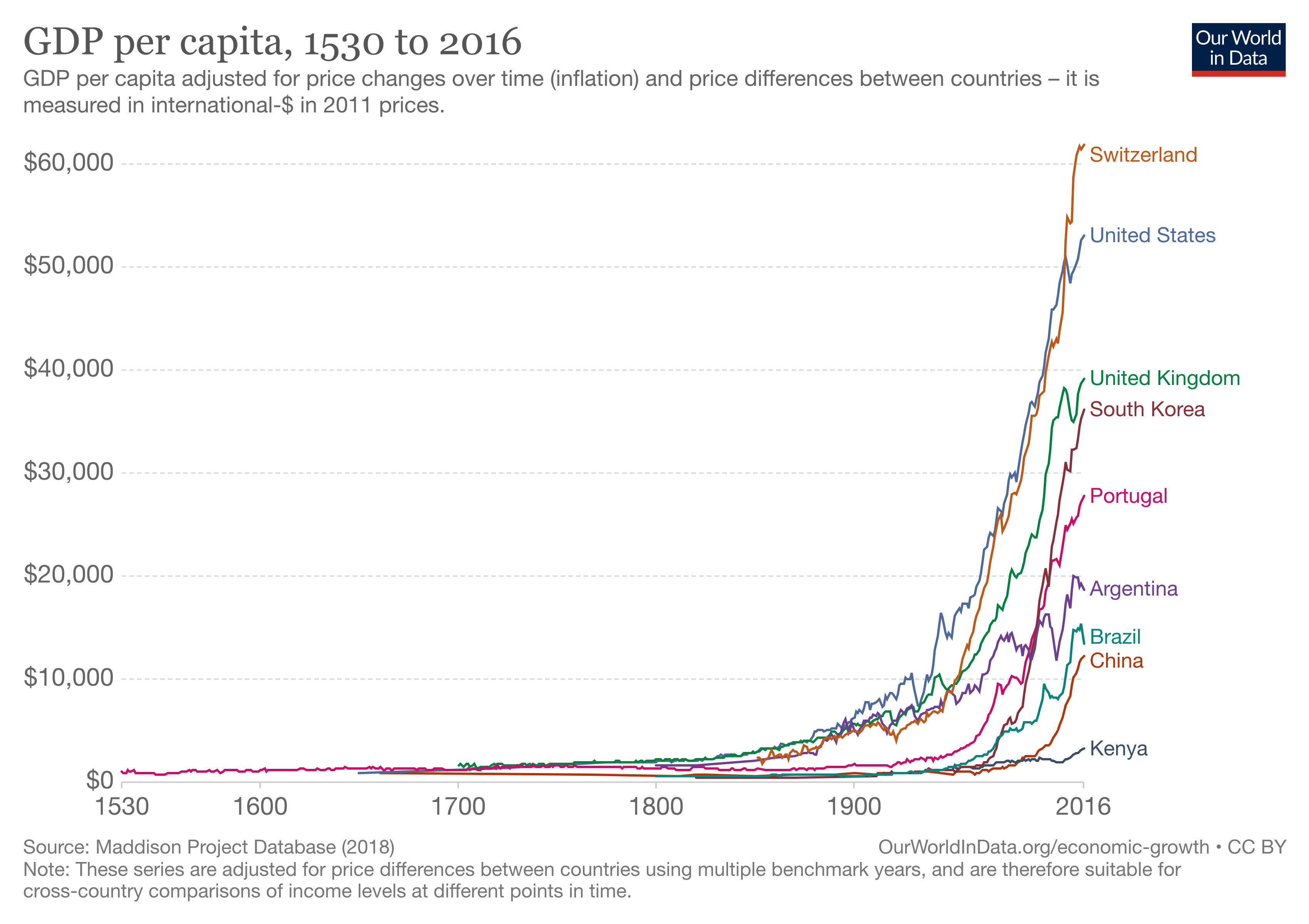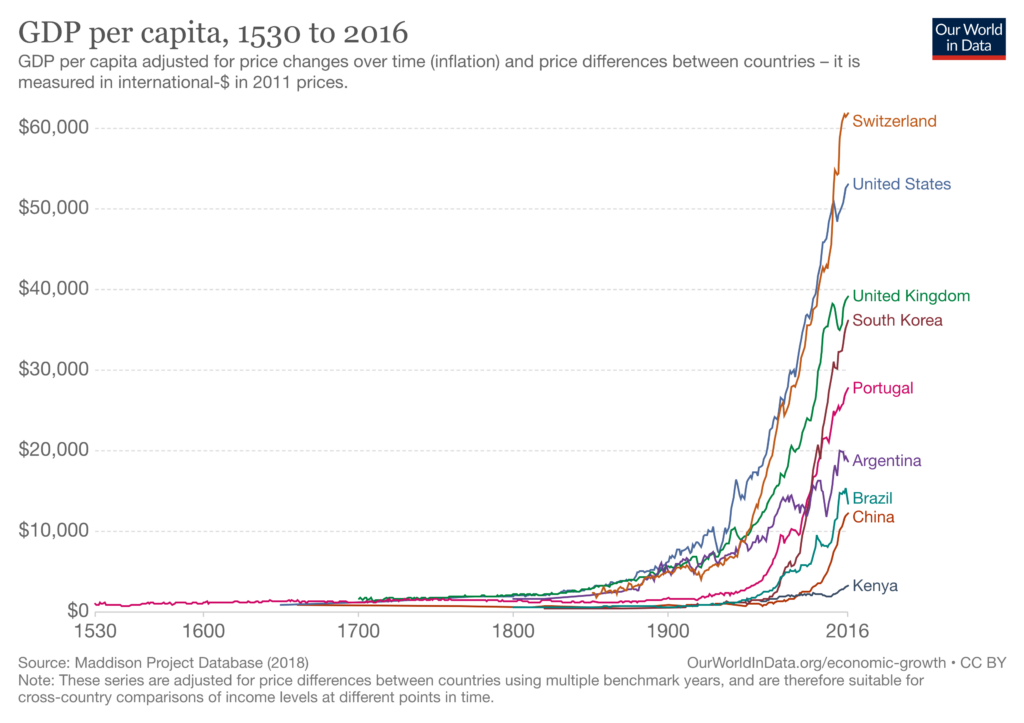Social media as a marketing tool.
Marketing is essential for the success of a business. It helps you promote your goods and services and draw clientele.
Hiring a marketing team should be seen as a cost-effective investment. However, some small businesses and solopreneurs need to focus on DIY marketing, which involves a lot of learning and time. They have to do the marketing themselves while also running the business.
What is social media as a marketing tool?
According to Wikipedia,
“Social media marketing is the use of social media platforms and websites to promote a product or service. Although the terms e-marketing and digital marketing are still dominant in academia, social media marketing is becoming more popular for both practitioners and researchers.”Social media as a marketing tool is essential, because online marketing will not function without social media. Marketing teams aim at attracting clients on all the different social media platforms.
Why should we use it?
Marketing is a necessary must for companies worldwide. No matter how reliable a marketing team or strategy may be, social media as a marketing tool will increase your possibility of success exponentially.
1. Your customers are on social media:
Social media is where many people spend time, get information, and socialize. Having a social media marketing strategy provides visibility. The LYFE Marketing piece says that “According to Statista, 70% of the U.S. population has at least one social media profile. And by 2021, the number of worldwide social media users is expected to reach about 3.1 billion people.” Such an increase in the number of social media users also increases the possibilities of people finding your business.
2. Consumers will be more receptive to your messages:
The casual and fun way in which social media interactions occur. Although most users are on these social media to keep track of their friends, they also follow the things they are interested in.
3. Marketing through social media can help increase brand recognition:
The key is that promoting through social media gives you more visibility and makes you more accessible. It also allows them to share your content with their friends and followers, granting you more potential followers.
4. Marketing through social media increases your inbound traffic:
According to the piece by LYFE Marketing, your social media profiles give you “… another way to get more inbound traffic to your website. This makes marketing through social media an excellent strategy to complement your search engine optimization efforts. Each piece of content that you post to your social media profiles is another opportunity to bring new visitors to your site.”
5. Different social media channels help you reach specific audiences:
When you are marketing, you can target different audiences. Your followers might be the same on Facebook, or Instagram, or LinkedIn. But there is a high percentage of them that only follow you on one of the platforms. Therefore, if you use more than one platform, you create an opportunity to increase and diversify your audience.
6. Social media advertising allows you to target and retarget ideal consumers:
As per LYFE Marketing: “Though social media advertising does require a bit of an up-front investment, social ads can do a lot to complement the organic campaigns that you are running on your social media channels. With sophisticated targeting capabilities, social media platforms like Facebook help you target your ideal buyers, which allows you to drive more relevant traffic to your site.”
7. Marketing through social media is cost-effective:
You don’t need to spend too much money to market on social media. Instead, devote time to study and generate content, and you will probably get good results. Of course, you can spend money on ads to promote content, but generating appealing material and publishing at the right moment can be very helpful.
8. Social media marketing may help improve your search engine rankings:
When you have a strong social media presence, search engines use that for your ranking. If your social media activity is robust and engaging and has good feedback, you get reliability. This translates into a good reputation and might be a factor for search engines to rank your business.
9. Your competition is on social media:
Since all of your competition might already be on social media, your potential customers might be there as well. Your competitors might have been on social media for some time now, which means there are already a lot of possible clients for you as well. Promoting the right way may help you attract those customers to you.
10. Marketing on social media leads to higher conversion rates:
LYFE Marketing says that “According to HubSpot, social media has a 100% higher lead-to-close rate than outbound marketing tactics. That could be because every post you make and each interaction you have on your social media channels is an opportunity to convert an interested lead into a happy customer. By building a report with your leads and customers and posting valuable content consistently, your brand can work to improve trust and credibility, which leads to more conversions.”
11. Social media marketing helps improve brand loyalty:
Engaging with your customers and target audiences on social media help you increase customer loyalty. Social media allows you to generate leads. It also provides an easy way to interact with them and get feedback. This can translate into loyalty, as clients will feel more pleased with your customer service and the way you respond to their requests, questions, and complaints.
12. Consumers are looking for recommendations on social media:
Social media is a space where people share their thoughts and opinions. Among those opinions, the one they have about your service can have an impact on your potential customers. It is the new word-of-mouth marketing, and having a social media account for your business will help people recommend you.
13. Social media helps connect your brand with customers you didn’t know:
You may follow specific keywords or analyze the trending topics related to your type of business. This can get you access to people who are making comments on those topics. These people are your potential clients, and you can engage with them thanks to social media.
14. Marketing through social media can help you improve brand authority:
Having valuable content on your social media helps you create brand authority, making you a reliable voice and even a reference. More valuable content will mean more evidence of your expertise, more traffic, and more clientele.
15. Social media marketing allows you to gain new customer insights:
Quoting LYFE Marketing, “… social media marketing gives you the valuable opportunity to gain new insights into your customers. By interacting with leads and current customers on social media, you can see what your customers are interested in and what drives them.”
Which Social Media platform should you use?

Many sites agree that the top Social Media use in marketing include Facebook, Twitter, Instagram, and others. Web FX provides a list of the
top 10, which are pretty much the same as the lists offered everywhere else:
1. Facebook
Daily active users: 1.45 billion
Monthly active users: 2.20 billion
Best use: Engaging your audience, Collecting reviews, Customer service, Advertising
2. Twitter
Monthly active users: 320 million
Best use: Building industry authority, Real-Life updates
3. LinkedIn
Registered users: 562 million
Best use: Reaching B2B prospects and potential employees
4. YouTube
Registered users: Over 1 billion
Best use: Highlighting company culture, Tutorials, Demonstrations
5. Pinterest
Monthly users: Over 175 million
Best use: Sharing products
6. Instagram
Monthly active users: Over 400 million
Best use: Building your brand
7. Google+
Monthly active users: 395 million
Best use: Managing your Google My Business listing
8. Snapchat
Daily active users: 187 million
Best use: Real-Time updates, Promoting events
9. Tumblr
Registered users: 412.8 million
Best use: Reaching a young audience
10. StumbleUpon
Registered users: 25 million
Best use: Increasing site traffic
Don’t forget blogging!
Please, don’t forget blogging! An excellent blog is a good means to draw attention to your goods and services. Blogs generate reliable content you can create on social media. Keep your blog active with engaging content. You will get more traffic into it, and more people knocking on your virtual door to do business with you.
Final thoughts on Social Media as a Marketing Tool
Marketing through social media can be done either by your marketing team or by yourself. The advantages are limitless, and the reach you can get is enormous. It would be helpful if you created your content intentionally and targeted your audiences effectively. Remember marketing will be more effective because of the quality of your content and the feedback provided on your social media platforms by happy customers.
So, choose what social media you want to use for your business and start promoting and engaging. It would be useful if you chose those you are more comfortable with to make your work easier. You can get a lot of clients through that.






































